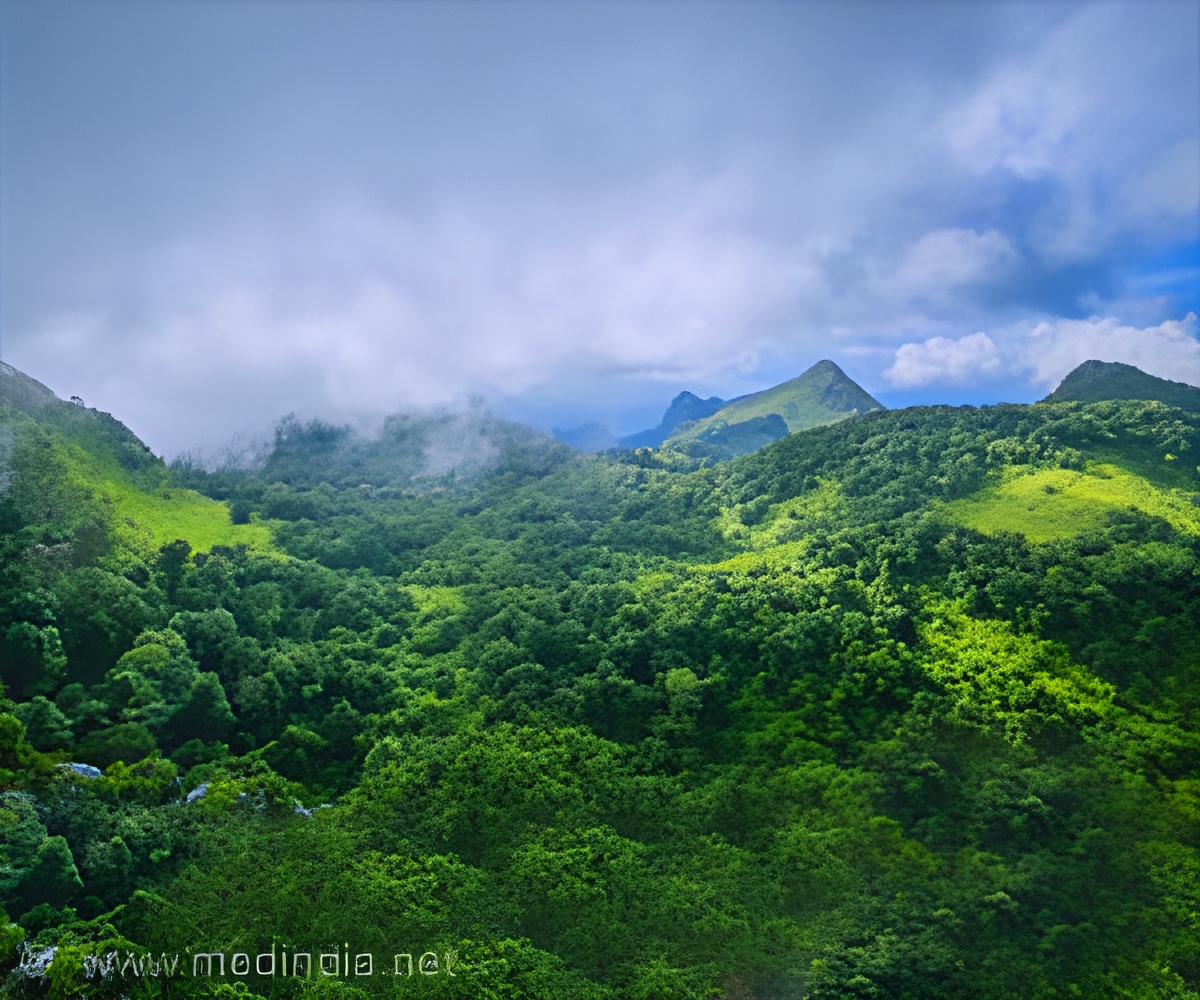
"In low-income countries with high forest cover, forests are being cleared for direct subsistence by individuals and families and large scale agriculture for broader economic development," said lead researcher and professor Rod Keenan from University of Melbourne.
"Some have policies and regulations to protect forests, but they do not have the capacity and resources to implement them," he added in United Nation's Global Forest Resources Assessment (GFRA) 2015 report released this week.
While the pace of forest loss has slowed, the damage over the past 25 years has been considerable.
Total global forest area has declined by three percent between 1990 and 2015 from 4,128 million hectares to 3,999 million hectares - a loss of 129 million hectares.
Significantly, loss of natural forested area was double the global total at six percent, while tropical forests took the hardest hit with a loss rate of 10 percent.
Advertisement
Agricultural land development by large and small scale producers is believed to be the main driver behind the decreases, with Brazil, Indonesia and Nigeria recording the biggest losses over the past five years.
Advertisement
"Halving the loss is a good thing, but we need continued policy focus to ensure the trend can be sustained," Professor Keenan said.
He believes this should include regulations to stop forest conversion, funding for better forest management and incentives to increase forest area.
Brazil and Indonesia, both among the highest deforestation offenders, have significantly improved their ways - with Brazil's current net loss rate 40 percent lower than in the 1990s.
Indonesia is also losing forested area at a rate two-thirds slower than it did between 1990 and 2000.
In Australia, conservation efforts are beginning to have an impact. Australia recorded a net gain of 1.5 million hectares of forested land over the past five years, despite an overall fall from 128.5 million hectares in 1990 to 124.7 million hectares in 2015.
Much of that is attributed to natural events, such as fire and drought, as well as human land clearance for agriculture, the authors noted.
Source-IANS










